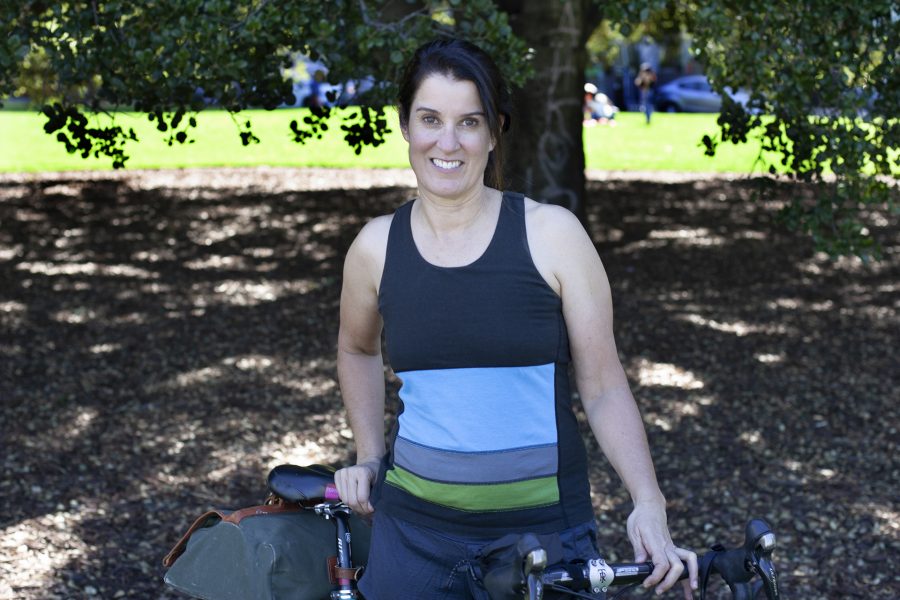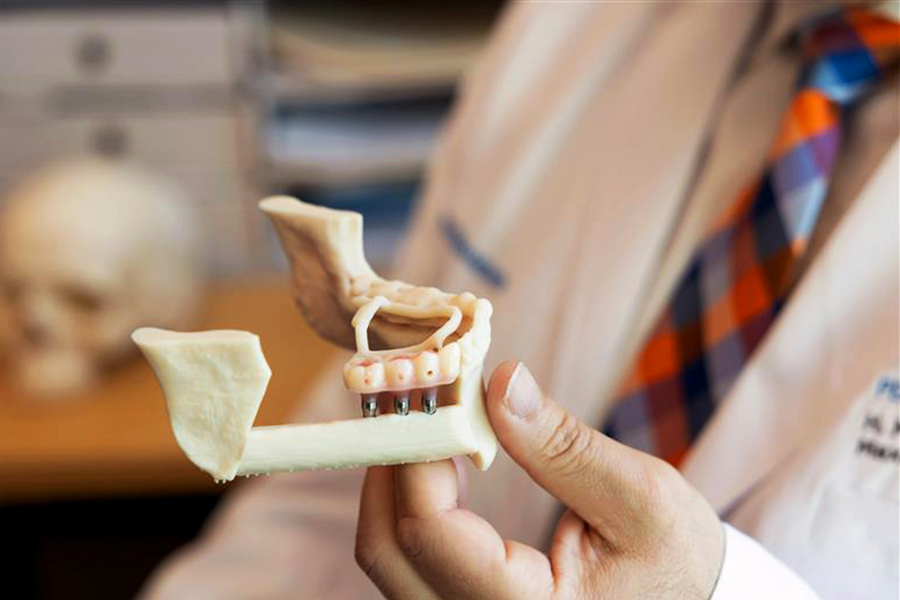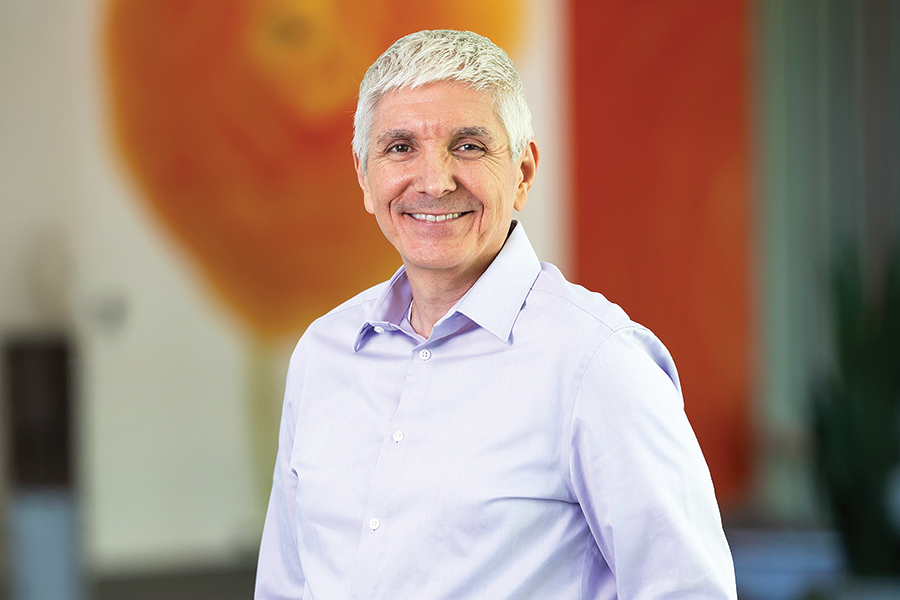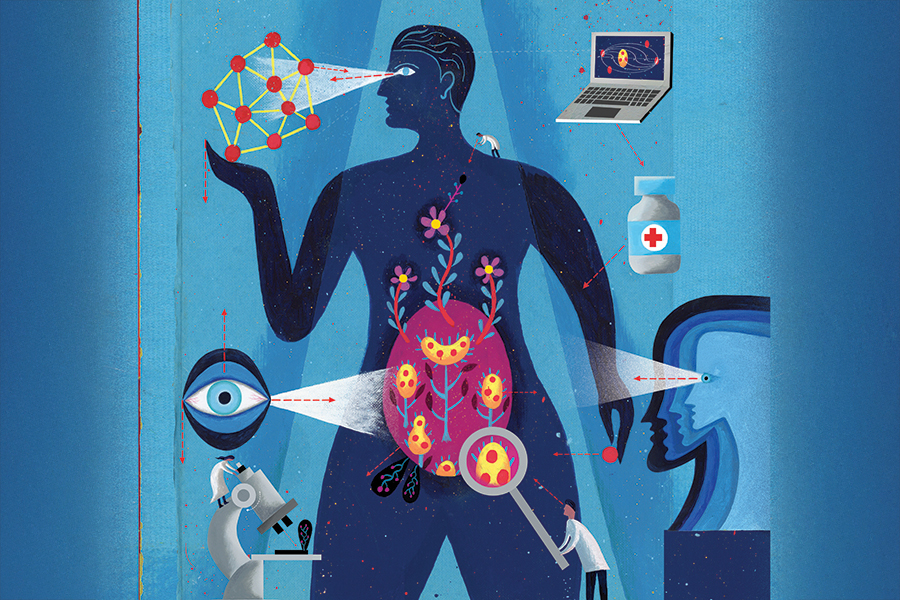June 10, 2020
When Kamla Birusingh got her annual FIT kit from Kaiser Permanente Northern California last winter, she put it aside. At 51, with no family history of colorectal cancer or symptoms, Birusingh felt testing could wait.
But Kaiser Permanente follows recommendations of the U.S. Preventive Services Task Force to screen average-risk adults between ages 50 and 75 with a colonoscopy every 10 years or an annual at-home test. So, a second fecal immunochemical test kit was mailed. Birusingh then completed its directions for mailing a stool sample back to Kaiser Permanente to screen for indicators of colorectal cancer.
“I got a call from Dr. Doug Epperson, my general practitioner at Kaiser Permanente in Oakland,” Birusingh said. “He said the test came back positive. I needed a colonoscopy.”
Concerns Assuaged
“Winter break at the school would have been a great time to do the colonoscopy,” Birusingh said. “But I had family from out of town. I scheduled and cancelled the appointment twice. Then COVID-19 happened. I’d just started the second-grade class I teach on remote learning and felt I couldn’t take the day off.”
Birusingh pushed the colonoscopy from her mind until making an appointment for April 14.
“Everyone was so kind and took such good care of me,” Birusingh said of that day. Her colonoscopy was performed by Rosa Maria Valadao, MD, a gastroenterologist for The Permanente Medical Group (TPMG) at the Kaiser Permanente Oakland Medical Center.
While Birusingh had concerns about leaving shelter in place, they quickly evaporated. “COVID patients are on an isolated floor. You’re screened when you come in, including having your temperature taken, and everyone there is masked.”
“Dr. Valadao told me she’d found a polyp she’d send to the lab,” Birusingh said. “The next day at home I felt fine. I got a call from her that afternoon. The test results were back: It was invasive rectal cancer. I was floored.”
Moving Quickly
The following day Birusingh had a CT scan and spoke with TPMG surgeon Amy Tolan, MD, to discuss surgical options.
Excluding skin cancers, colorectal cancer is the third most common cancer diagnosed in both men and women in the United States, according to the American Cancer Society. Birusingh was not alone.
On April 29, Birusingh had robotic surgery in which nearly two-thirds of her rectum, 33 lymph nodes, and her sigmoid colon, the part of the large intestine closest to the rectum and anus, were surgically removed.
“I cannot say enough nice things about Kaiser Permanente, from the minute I walked in, to the minute I walked out 2 days later,” said Birusingh. “I had the most caring nurses, who had me up and walking that first night. My physicians and even one of their colleagues all called and came by, and my ob-gyn emailed me although our last appointment was a year ago. It was the most incredible experience.”
The best was yet to come: The pathology came back and all the cancer had been removed.
Phone Calls
“Every day I feel better,” said Birusingh, who recovered at her home near Lake Merritt in Oakland.
She never did tell the Castro Valley school where she teaches that she was hospitalized, instead emailing right up to surgery and resuming the following day. “There was so much going on with COVID-19 that I didn’t want to add to their burden.”
Birusingh will undergo another colonoscopy in a year, then drop back to 3 and 5 years with each one she clears.
On May 27 she went on her first bike ride.
“A delay of another 6 months could have resulted in a far more serious cancer for Kamla,” Dr. Valadao said. “COVID doesn’t have a stop date, so don’t wait to return your FIT kit or schedule a colonoscopy.”
“We are now doing pre-colonoscopy COVID testing on all patients,” added Theodore Levin, MD, a gastroenterologist for TPMG and the Kaiser Permanente Northern California clinical lead for colorectal cancer screening. “We can do procedures and surgeries safely, and we are minimizing risk for all of our patients and our staff.”
At the urging of her doctors, Birusingh called each of her 6 siblings to ask them to get colonoscopies, too.
“I come from a family of physicians. I should know to be a more active participant in my health,” she said. “I took my health for granted. But because of the diligence of Kaiser Permanente, I am one of the lucky ones.”
This story originally appeared in Look Inside KP






